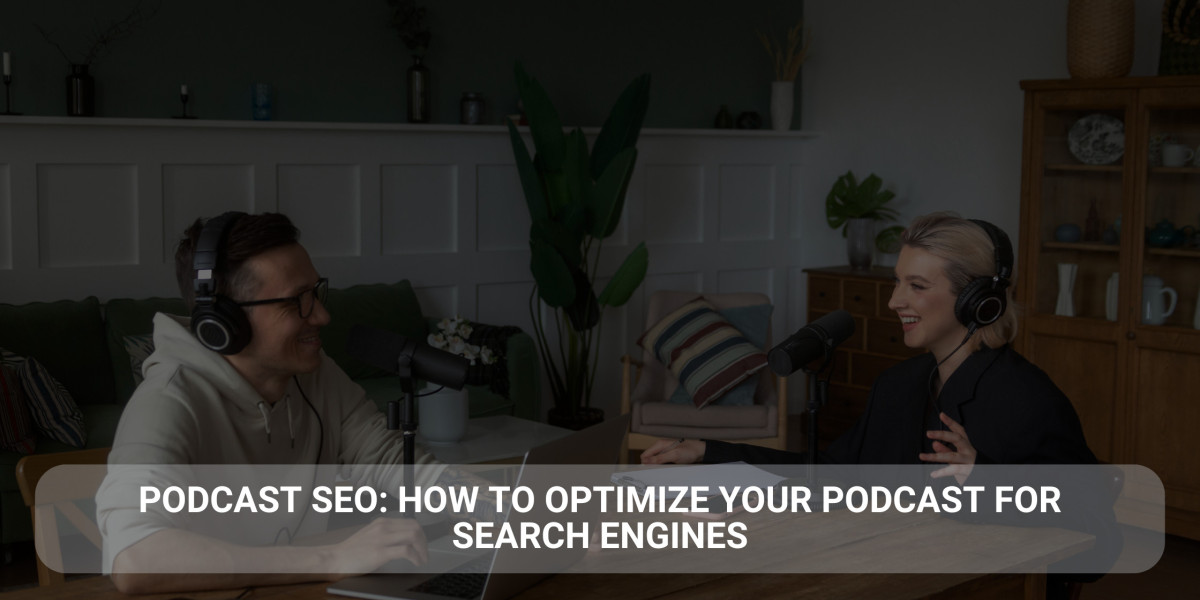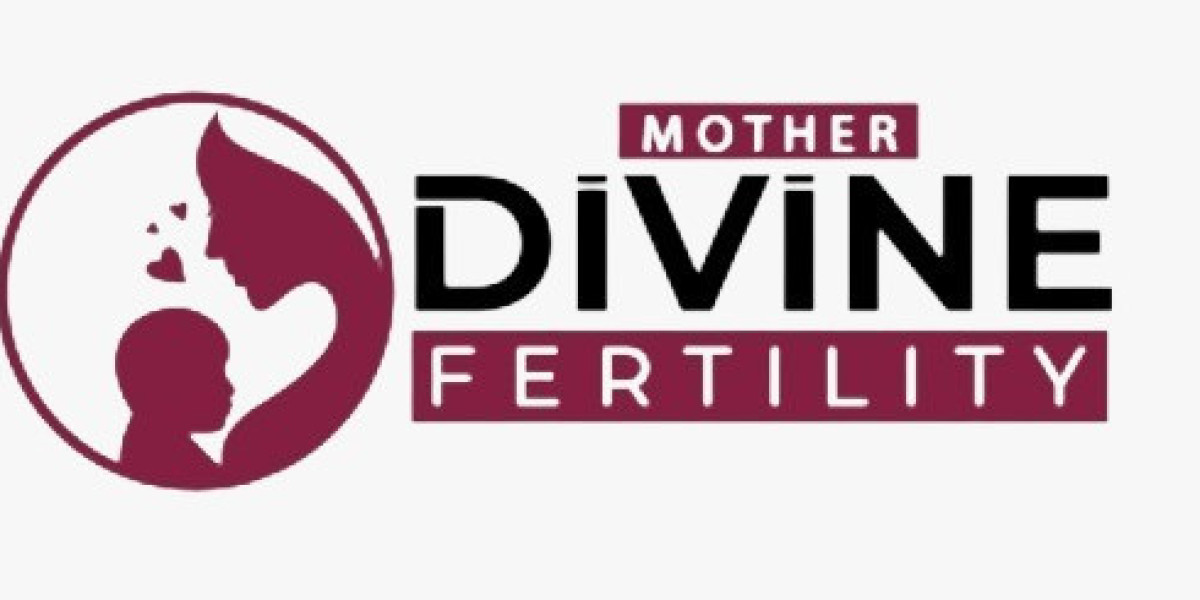In today’s digital landscape, podcasts have emerged as a powerful tool in any Martech Strategy, helping brands connect with audiences in unique and engaging ways. However, creating great content isn’t enough. To truly maximize the reach of your podcast, you need to understand how to optimize it for search engines. This tech article will guide you through actionable strategies to boost your podcast’s visibility and improve its discoverability.
Understanding Podcast SEO
Podcast SEO (Search Engine Optimization) refers to the techniques used to enhance your podcast’s visibility in search engine results. Just as you would optimize a website or a blog post, optimizing your podcast makes it easier for listeners to find your content organically. This is crucial in a competitive space where numerous podcasts vie for attention.
1. Choose the Right Podcast Name and Episode Titles
The foundation of good Podcast SEO starts with your podcast name and episode titles. Make sure your podcast name clearly reflects your content while being catchy and memorable. Incorporate relevant keywords naturally without sounding forced. Your episode titles should be descriptive and keyword-rich, giving potential listeners a clear idea of what to expect.
For example, instead of naming an episode "Episode 5: Talking About Marketing," opt for a title like "Episode 5: Mastering Digital Marketing Tactics for 2024." This not only makes your content more accessible but also aligns with common search terms.
2. Optimize Your Podcast Description
Your podcast description is another prime spot for optimization. This section not only tells your audience what your show is about but also helps search engines categorize your content. Write a compelling description that includes relevant keywords like “Podcast” and “tech article” to improve your chances of ranking higher.
Use this space to explain the value your podcast brings and highlight specific topics you cover. Be concise, informative, and ensure you integrate keywords seamlessly.
3. Leverage Show Notes and Transcripts
Show notes and transcripts are essential tools for Podcast SEO. Show notes provide a brief overview of each episode, while transcripts are word-for-word text versions of your audio content. Both are great for SEO as they allow search engines to crawl your content more effectively.
When writing show notes, include key takeaways, quotes, and relevant links. Ensure these elements contain keywords that align with your Martech Strategy. For transcripts, use tools or services that can accurately convert speech to text. This not only makes your podcast accessible to a wider audience but also provides a wealth of keyword-rich content for search engines.
4. Utilize Relevant Keywords in Tags and Categories
Most podcast hosting platforms allow you to add tags and categorize your content. Choose tags that are closely related to your podcast topic and frequently searched by your target audience. Tags help search engines understand the main themes of your content.
For example, if your podcast discusses technology trends, tags like “tech article,” “digital marketing,” and “business growth” can enhance your visibility. Correct categorization ensures your podcast appears in relevant searches and directories.
5. Promote Your Podcast Across Multiple Platforms
Boosting your podcast’s SEO isn’t just about what happens on search engines. Promoting your podcast on social media, blogs, and other digital platforms can generate backlinks, a crucial factor for SEO. Every time your podcast is mentioned or linked on an external site, it sends a signal to search engines that your content is valuable.
Consider guest blogging, appearing on other podcasts, or collaborating with influencers in your industry to expand your reach. This integrated approach to promotion aligns perfectly with any Martech Strategy aimed at maximizing audience engagement.
6. Optimize Your Podcast’s Website
If your podcast has a dedicated website, optimizing it is essential. Ensure that your site is fast, mobile-friendly, and easy to navigate. Each episode should have its own dedicated page with show notes, transcripts, and a player embedded.
Incorporate keywords in your page titles, meta descriptions, and URLs. Add structured data markup to help search engines better understand the content of your pages. A well-optimized website serves as a strong anchor for your podcast, driving more organic traffic and enhancing your overall SEO efforts.
7. Encourage Reviews and Ratings
Reviews and ratings are not just social proof; they also play a role in Podcast SEO. Positive reviews can boost your credibility and attract new listeners. Encourage your audience to leave ratings and reviews on platforms like Apple Podcasts, Google Podcasts, and Spotify. Higher ratings can improve your podcast’s ranking within those platforms, making it more discoverable.
Conclusion
Optimizing your podcast for search engines is a critical aspect of a successful Martech Strategy. By implementing these SEO techniques, you can ensure that your podcast not only reaches more listeners but also provides measurable value to your brand. From choosing the right titles to leveraging transcripts, every element of your podcast can contribute to improved search visibility. Start optimizing today and watch your podcast soar in the search engine rankings.



